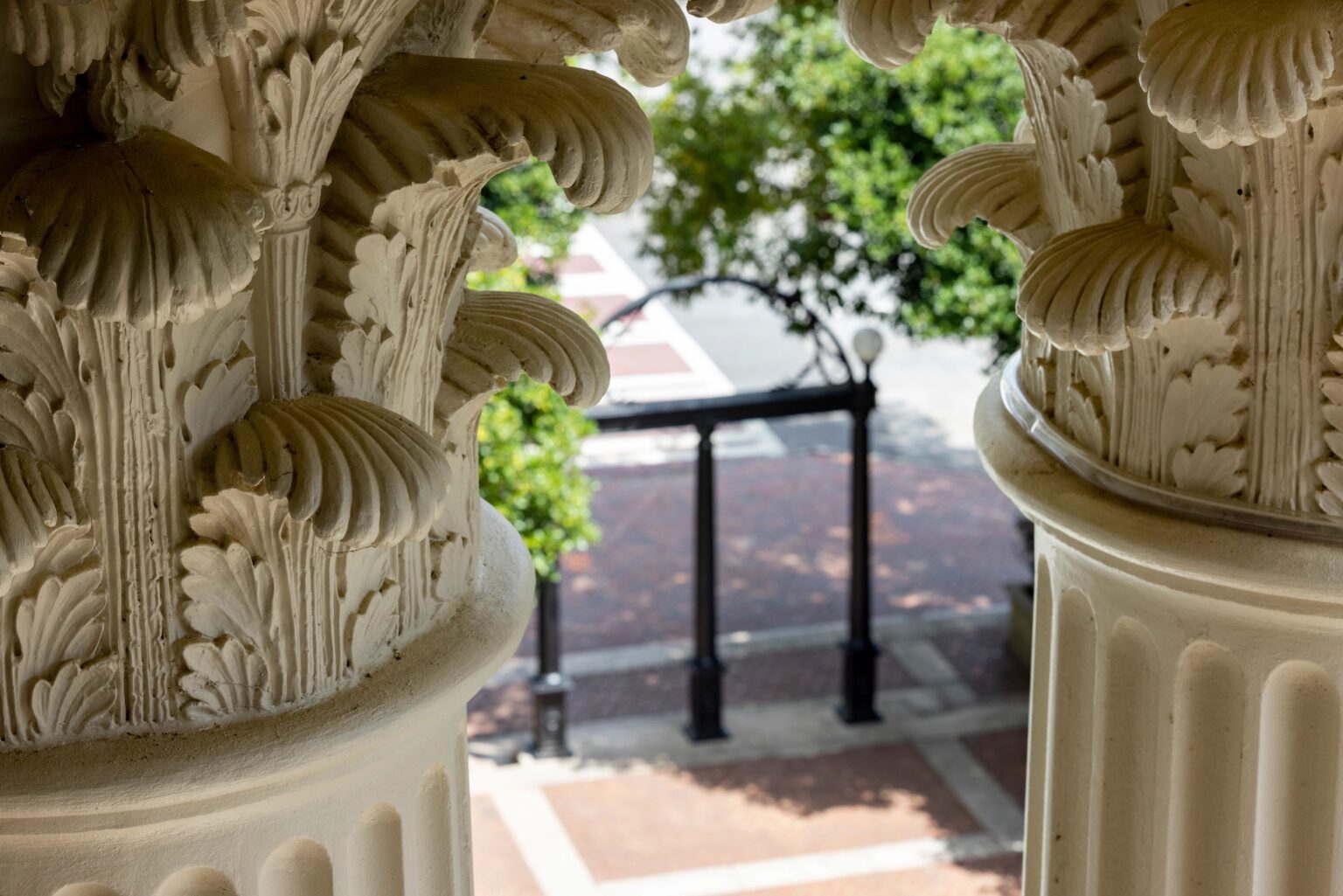Drought and poor flowering in Brazilian coffee trees has prices soaring. In Atlanta, the price of a 26-ounce bag is approaching $6. There's no relief in sight, says a University of Georgia economist.
"Brazil is the largest coffee producer in the world," said Bill Thomas, an agricultural economist with the UGA College of Agricultural and Environmental Sciences. "Its production will be down an estimated one-third from last year."
Short Supply, High Demand
While 1999 was a record production year for Brazil, Thomas says markets were unable to maintain the low prices.
"Once you have a record year, usually the next year will go down, and that's what happened," Thomas said. "We expect production to drop from 36 million (60-kilogram, or 132-pound) bags last year to 24 million bags this year."
Coffee drinkers can expect to continue to pay more for some time. The crop is harvested annually. "If we miss one harvest, we have to wait a full year for another harvest and for supply to catch up with demand," Thomas said.
"Brazil is just recovering from the damage their trees suffered in 1994," he said. "Most of the damage seems to be to fruit, rather than the trees, so production could come back as early as next year."
Until production comes back to build up the supply -- or people stop drinking coffee, to lower the demand -- expect prices to remain high.
"There aren't a lot of alternatives for the coffee market," Thomas said. "Brazil produces such a high percentage of the high-quality beans. Colombia and other South American countries do produce coffee, but Brazil is a major exporter. When Brazil has a problem, everybody in the world knows about it."






